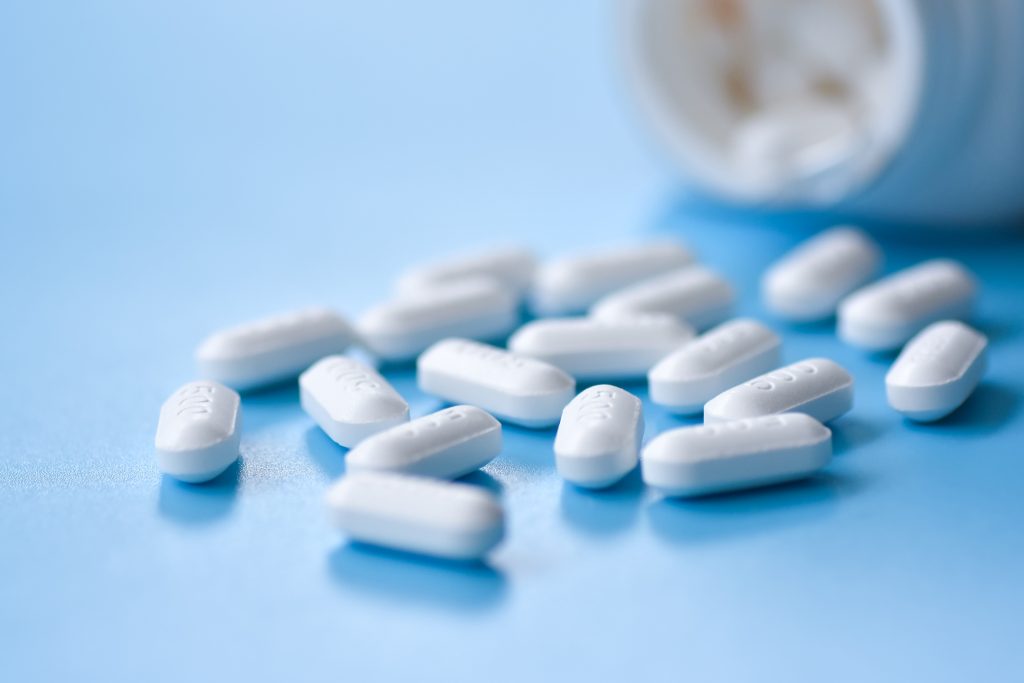Introduction
In the age of social media, platforms like TikTok have revolutionized how information—both helpful and harmful—spreads rapidly across vast audiences. Among the many content categories gaining traction on TikTok are health and wellness tips, including over-the-counter (OTC) medication recommendations. While this trend empowers users with quick, accessible health advice, it also opens the door for misinformation and potentially dangerous self-medication practices. This article explores how TikTok influences OTC medication trends, the associated risks, and ways to navigate health information safely.
Popular TikTok OTC Trends and Their Origins
TikTok’s fast-paced, bite-sized video format encourages viral sharing of easy-to-follow health hacks, including OTC medication “remedies” for common ailments like colds, allergies, or sleep issues. Some popular trends include unconventional uses of common drugs like antihistamines for sleep, high doses of vitamins, or mixing medications without medical supervision. Many of these trends originate from influencers or viral challenges with little to no scientific backing, relying heavily on anecdotal success stories rather than evidence-based medicine.
The appeal of quick fixes, combined with TikTok’s powerful algorithm, amplifies such trends rapidly. This social proof effect persuades many users, especially younger demographics, to try these OTC medications in unsafe ways.
Safety Risks of Unvetted Social Media Health Advice
The unregulated nature of social media means that many OTC medication tips lack proper scientific validation and do not consider individual health conditions, potential drug interactions, or dosage safety. Following such advice can lead to overdosing, masking of serious underlying conditions, or dangerous side effects.
For example, taking higher-than-recommended doses of acetaminophen (Tylenol) or combining it unknowingly with other products containing the same ingredient can cause severe liver damage. Similarly, misuse of antihistamines or sedatives can result in impaired cognition, increased risk of falls, or dependency.
Influencer Responsibility and Medical Misinformation
Influencers wield considerable power in shaping health behaviors, especially among impressionable audiences. However, many lack formal medical training and may unintentionally spread misinformation. The commercialization of wellness content further complicates matters, with sponsored posts promoting products without transparent disclosure of risks.
Medical misinformation can have far-reaching consequences, including reduced trust in healthcare professionals, delayed treatment for serious illnesses, and increased burden on emergency services due to self-induced medication emergencies.
FDA Response to Viral Medication Trends
The U.S. Food and Drug Administration (FDA) has recognized the challenge posed by viral health trends on social media. It actively monitors for unsafe OTC medication practices promoted online and issues warnings or recalls when necessary. The FDA also collaborates with social media companies to flag or remove content that promotes unsafe drug use.
Additionally, the FDA encourages consumers to report adverse events related to OTC medications and to seek professional medical advice before making changes to their medication regimens.
Critical Evaluation Skills for Social Media Health Content
Navigating health advice on TikTok requires critical thinking and awareness. Users should verify information through reputable sources such as the FDA, Centers for Disease Control and Prevention (CDC), or professional healthcare providers. Questioning the credentials of content creators, looking for scientific references, and being cautious of “miracle cures” are essential practices.
Parents and educators can play a key role by discussing the risks of self-medication and teaching young users how to critically assess health content on social media platforms.
Conclusion
TikTok and similar social media platforms have transformed health information sharing, creating both opportunities and risks in OTC medication use. While some viral trends may offer legitimate insights, many carry safety hazards fueled by misinformation and unverified claims. Protecting public health requires combined efforts from regulatory bodies, responsible influencers, and informed consumers equipped with critical evaluation skills. Ultimately, safe medication practices hinge on professional guidance and evidence-based decision-making, not viral social media fads.
FAQs:
Are TikTok health trends like “sleepy girl mocktails” safe to try?
No, many such trends lack scientific backing and can be unsafe, especially if they involve mixing medications or substances without medical guidance.
How can I tell if social media health advice is reliable?
Check if advice is supported by reputable health organizations, verified experts, and scientific evidence rather than just personal stories or influencer claims.
What are the risks of combining OTC medications based on viral trends?
Combining medications without guidance can cause dangerous interactions, overdoses, side effects, or mask serious health problems.
Should I trust health advice from social media influencers?
Be cautious; influencers may lack medical expertise and sometimes share misinformation, so always verify with healthcare professionals.
Where can I get reliable information to fact-check viral health remedies? Use trusted sources like the FDA, CDC, NIH, or consult a licensed healthcare provider for accurate information.






